In recent months, in the case of iOS, the so-called sideloading, or the possibility of installing applications that come from outside the App Store environment, has been dealt with quite a lot. This issue is being resolved on the basis of a lawsuit between the giants Epic and Apple, which draws attention to monopolistic behavior on the part of the Cupertino giant, as it does not allow applications on its platforms outside of its own Store, where of course it charges fees. The already mentioned sideloading could be the solution to the whole problem. This change is being considered by the European Commission, whose powers include the possibility of forcing Apple to allow the installation of applications from unofficial sources on devices in Europe.
It could be interest you
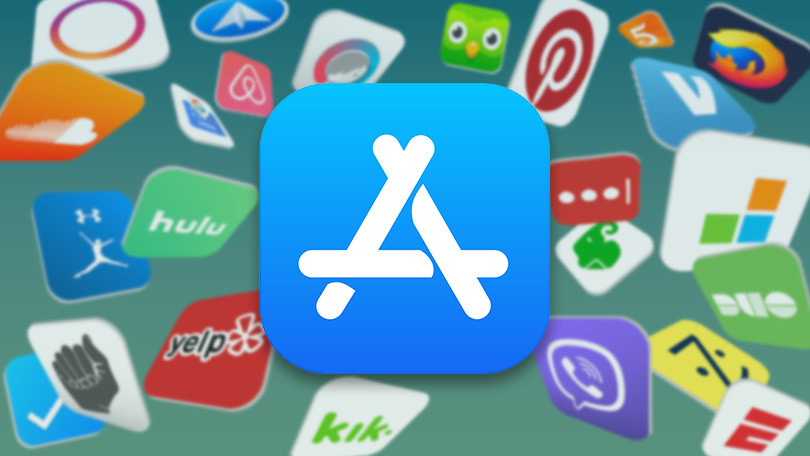
In the main role of safety
In any case, the Cupertino giant understandably does not want to do something similar. For this reason, he has now published his own extensive analysis, in which he points out the risks of sideloading. In addition, the document itself bears a title Building a Trusted Ecosystem for Millions of Apps (Building a trusted ecosystem for millions of apps), which in itself speaks volumes for the message itself. In short, it can be said that in the document Apple draws attention not only to security risks, but also to possible threats to the privacy of the users themselves. After all, something similar has already been mentioned by the Nokia company. In its research from 2019 and 2020, it found that devices with the Android operating system face 15x to 47x more malware than iPhones, with 98% of the total malware concentrated on this platform from Google. There is also a close connection with sideloading. For example, in 2018, phones that installed programs from unofficial sources (outside the Play Store) were eight times more susceptible to viruses.
Check out the new iPhone 13 (Pro):
So Apple continues to stand behind its original idea - if it really allowed sideloading within the iOS operating system, it would expose its users to a certain danger. At the same time, he adds that this disclosure would also have to result in the removal of several protective layers that protect the device's proprietary hardware and non-public system functions from abuse, which further exacerbates the already mentioned issue of security. Allegedly, this would also affect those users who still want to use the App Store exclusively. They may be forced by some applications to download the given tool outside the official store. Of course, this in itself is not dangerous. Some hackers can simply "disguise" themselves as the developers of the given application, build an identical-looking website and thus gain the trust of the users themselves. For those, for example due to inattention, it is enough to download the software from such a site and it is practically done.
Is it really just about safety?
Subsequently, the question arises whether Apple is really such a big good guy who wants to fight tooth and nail for the safety of its users. It is necessary to realize that the Cupertino giant, especially as the most valuable company in the world, is always primarily concerned with profit. It is sideloading that could greatly disrupt the undeniably advantageous position in which the company currently finds itself. As soon as anyone wants to distribute their applications on mobile Apple devices, they have only one option - through the App Store. In the case of paid applications, either in the form of a one-time fee or a subscription, Apple then takes a considerable share of each payment in the form of up to 1/3 of the total amount.
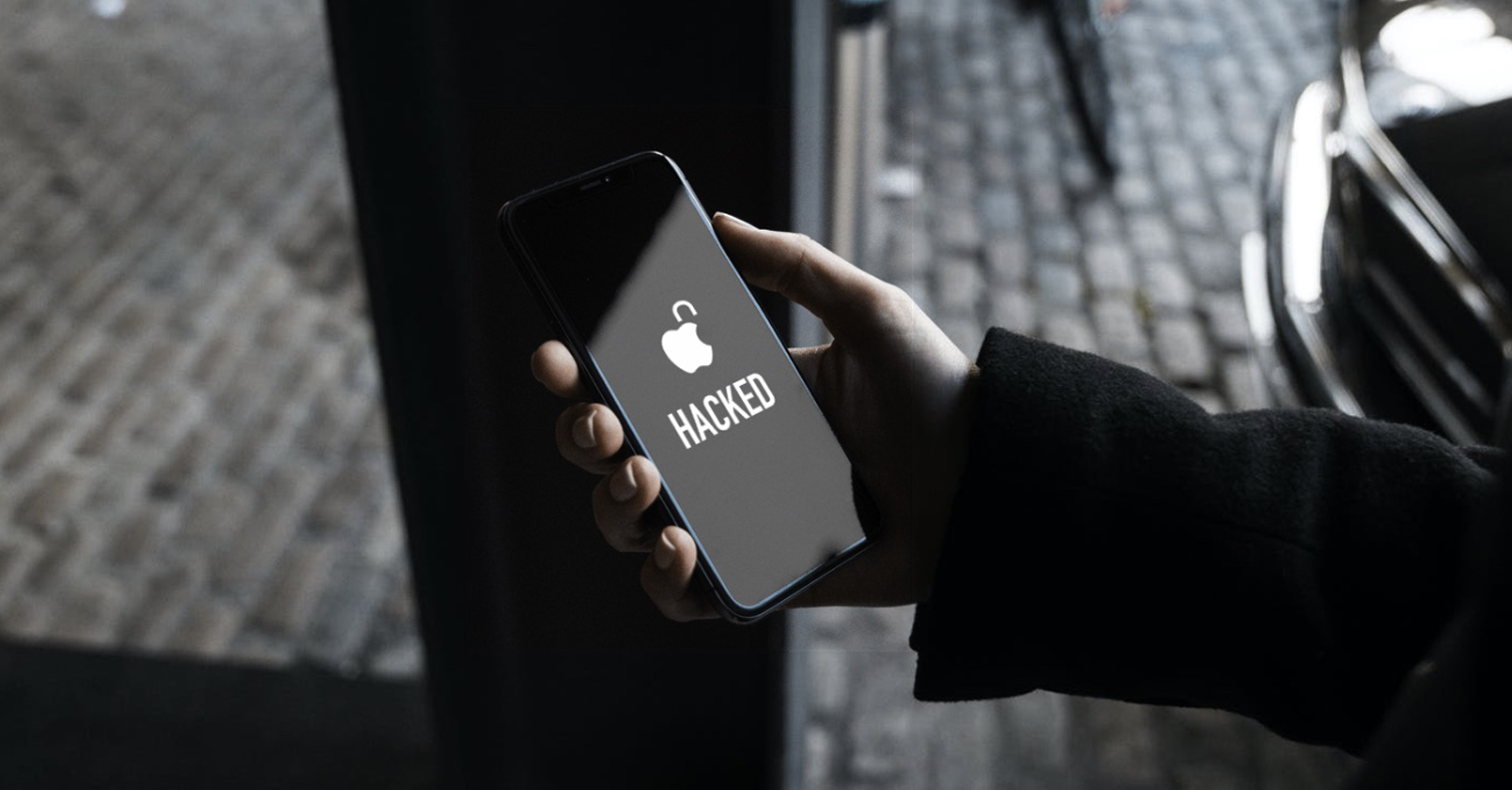
It is in this direction that it is a bit more complicated. After all, as critics of the Apple company point out, why is it possible to have sideloading enabled on Apple computers, while on phones it is an unrealistic matter, which, by the way, according to the words of Tim Cook, the director of Apple, would completely destroy the security of the entire platform? It is definitely not an easy decision and it is difficult to determine which option is really correct. On the other hand, it is necessary to take into account the fact that Apple created all its platforms itself - both hardware and software - and therefore it seems only fair that it should be able to set its own rules. How do you view the whole situation? Would you allow sideloading within iOS, or are you comfortable with the current approach, where you are more confident that apps in the App Store are truly safe?
It could be interest you
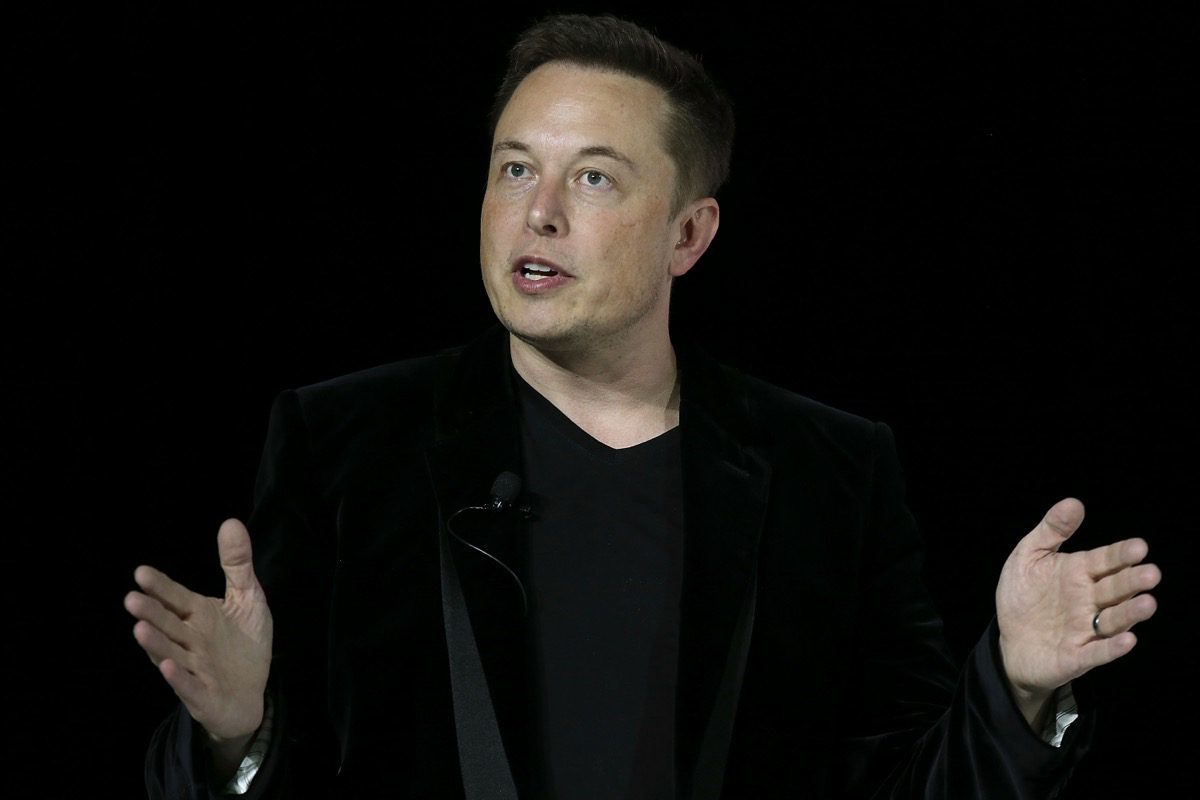




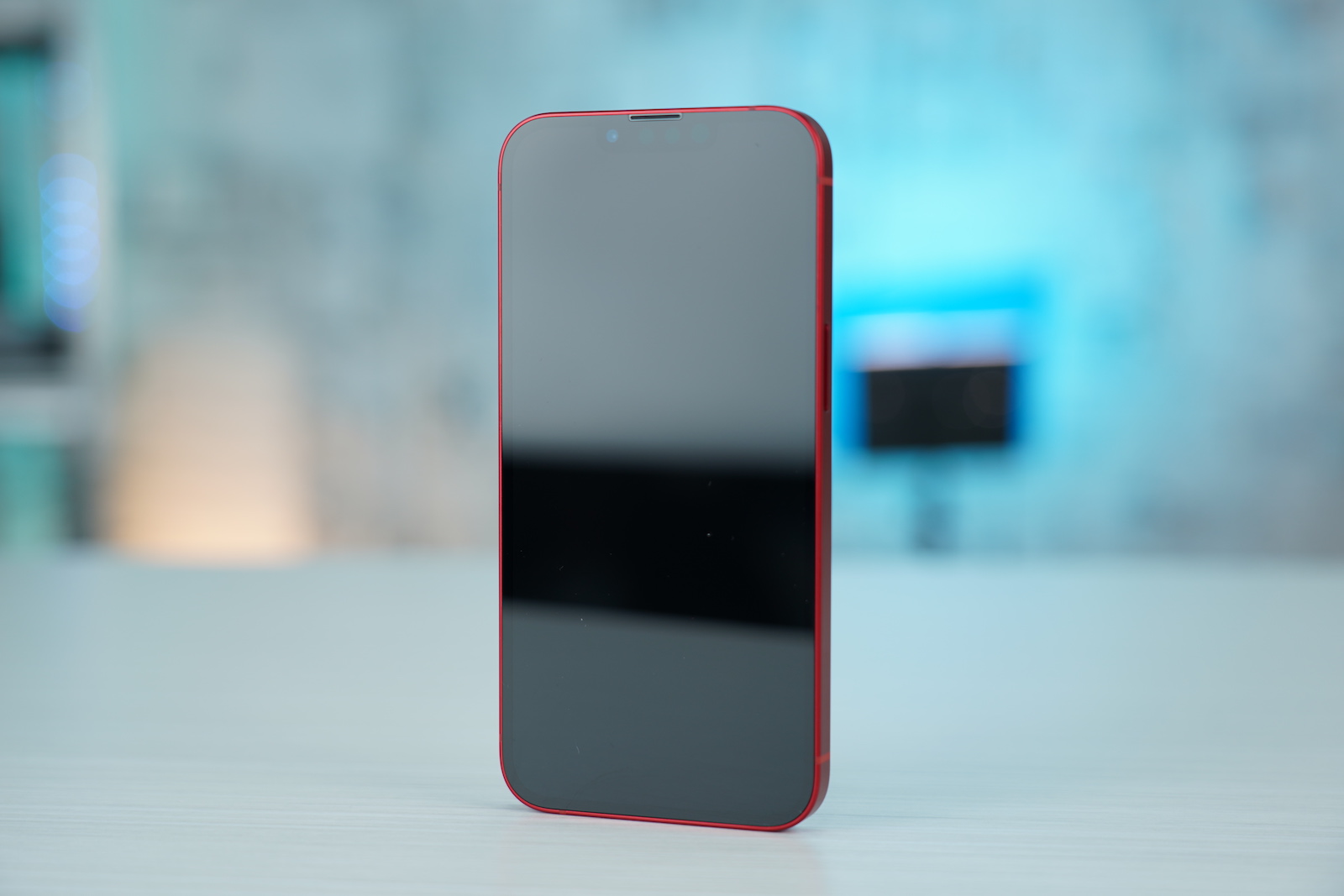


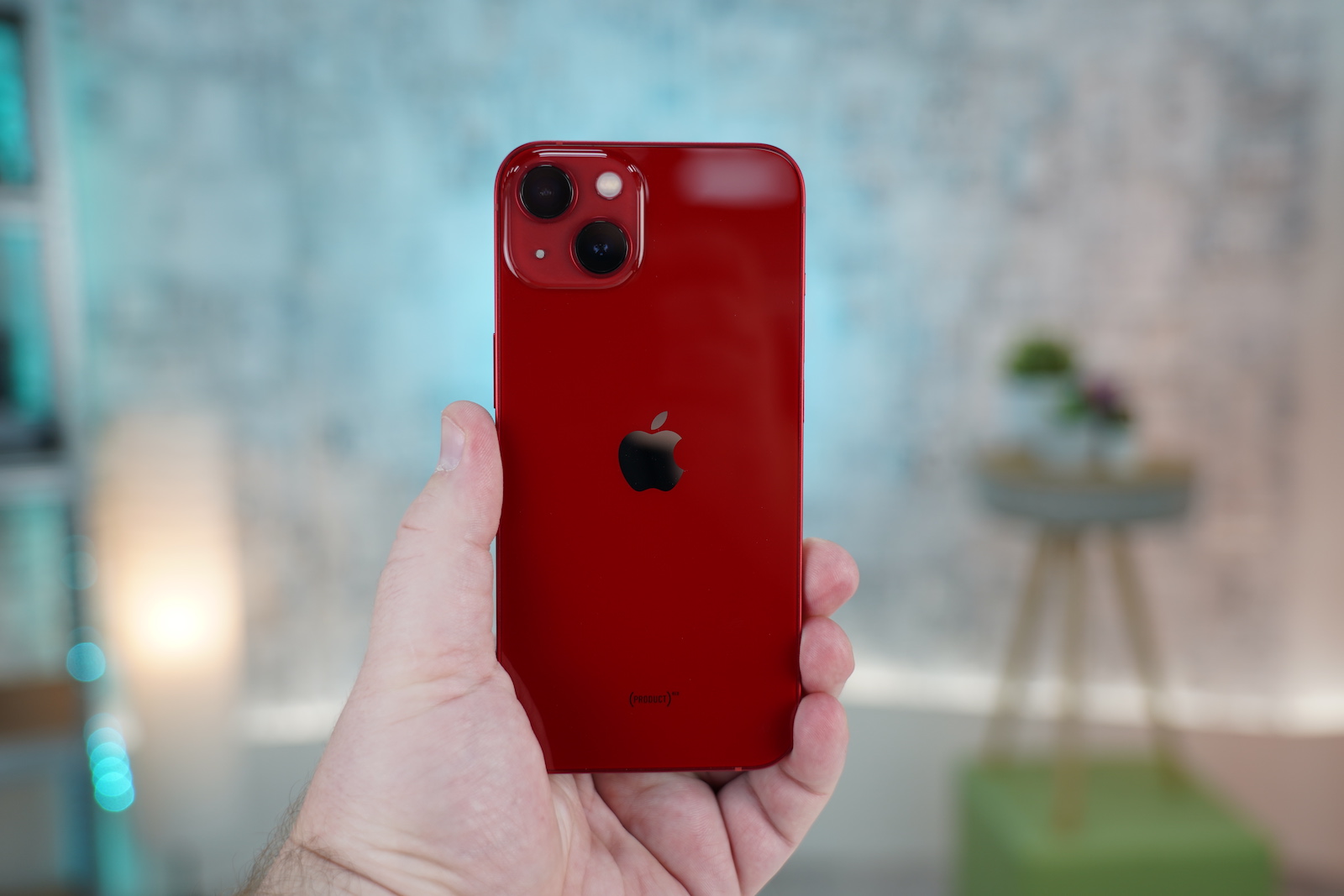
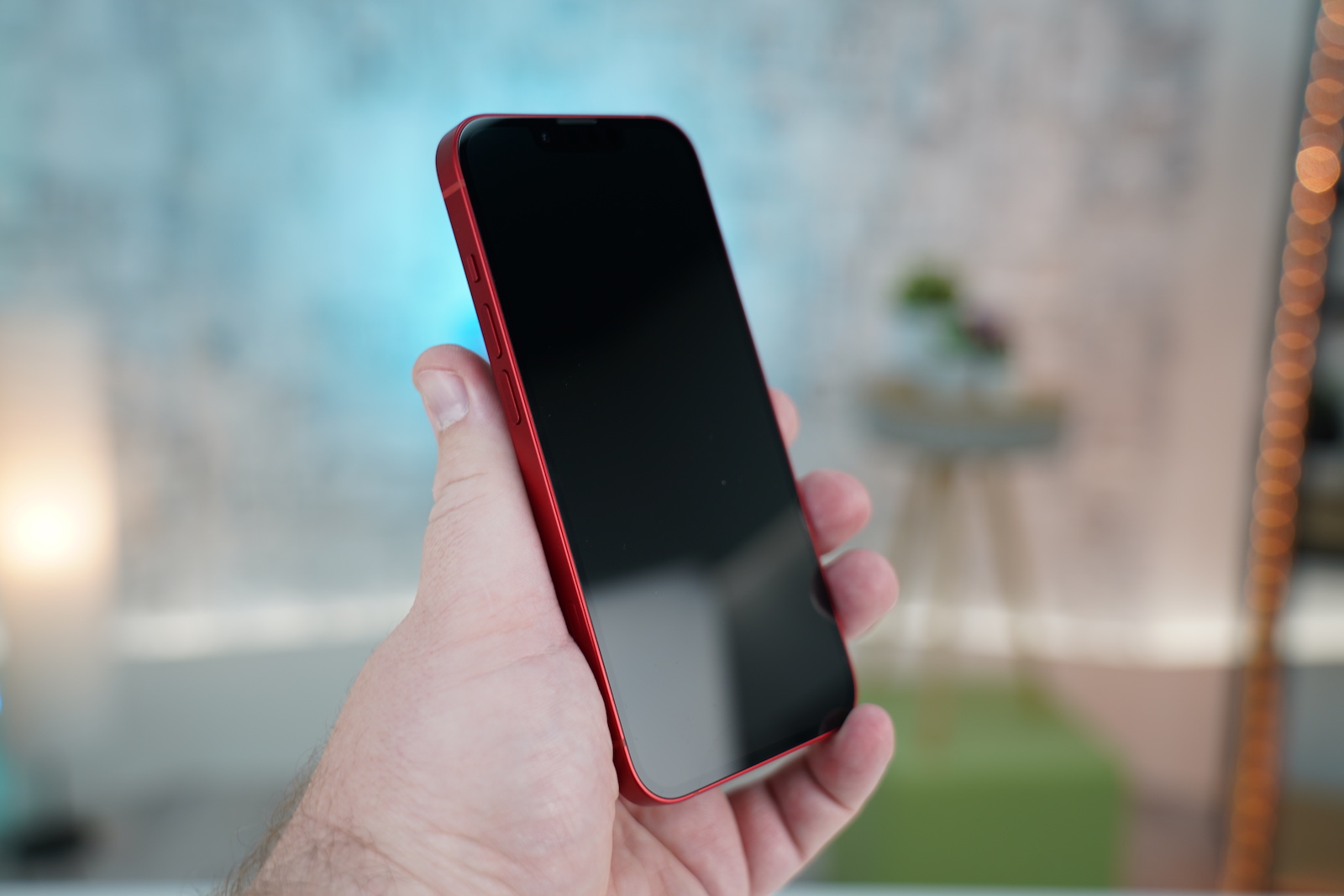




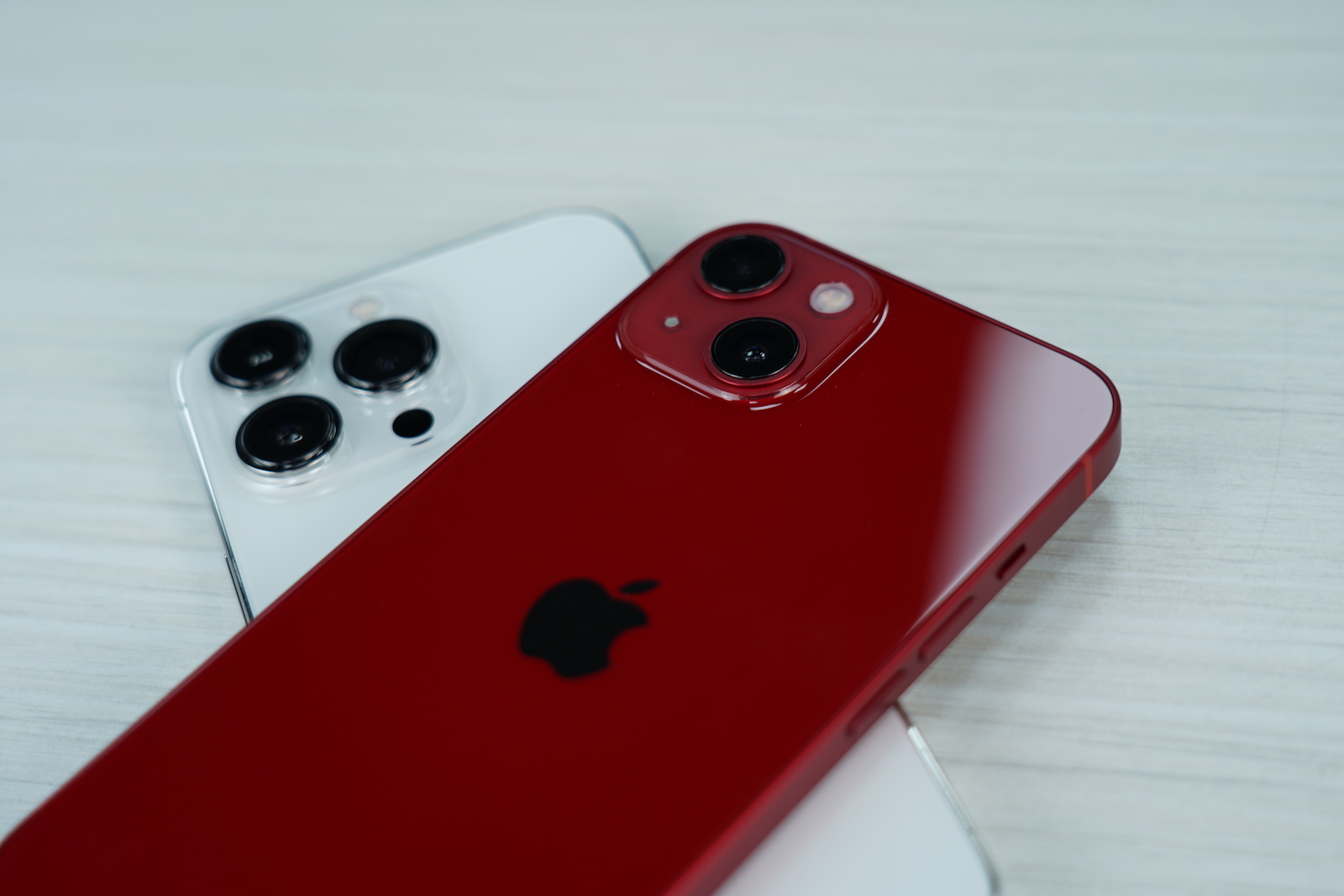
Security by obscurity never worked anywhere
It is true. And what does this have to do with the article?
I agree that Apple has every right to manage its market as it sees fit. Compared to Google, I trust Apple to take user security and privacy seriously.
@Karel
First of all, it's about money. And for that money, sideloading should be possible if that's what you're interested in.
It is up to the buyer.
But the buyer knows from the beginning that if he wants sideloading, he should go to Android, where he has a huge number of phones to choose from, where he can install whatever he wants from wherever he wants.
This is precisely the decision he makes at the time of purchase.
Exactly. I buy Apple, so I know exactly what I'm buying and what I'm not buying. Do I want something else? No problem.
I want it to download only from the App Store. The commission could be reduced. Safety is very important to me. That's why a lot of people buy these phones.
The App store system is definitely closed. I agree with Luke. If you don't like it, it doesn't matter, you can go to the world of Android. It's a basic choice. I value security and privacy and I'm happy for what Apple has been doing in this regard.
A lot of people don't realize that Apple has opened up enough in the years that Steve hasn't been there. Try to remember what could be done and installed on the iPhone 4 and what can be done now. The difference is incredible and yet they still manage to stay safe. And why? Because the App Store. So just keep it that way.
I fully support Apple. I don't like being sued for their own ecosystem. If they don't like it, they can create their own. As soon as some application bypasses the AppStore, I will cancel the subscription, for example. If spotify does it, I will go to Apple Music, etc. It will also be my little resistance :D
I definitely don't want any sideloading. Who wants and needs it has Android. Epicgames should simply adapt and if they want their profits, then set a higher price like for example Google and its prices of premium services on iOS. Those who are interested in them will pay for them, and those who are not will get rid of them. The judge should clearly sweep it off the table. Anyone who has not understood Apple's system has nothing to do with their systems. Whether they like it or not. The same applies to Apple Pay on the EU market. If someone wants to pay with another system, they should get Android and not insist that it doesn't work on iOS.
Safer but unreliable
Isn't that one of the reasons why we buy apple? Let them keep this on android. It is perhaps also up to epic, if it wants to work on apple, then let it follow the conditions.
If you want apps outside, go to Android.